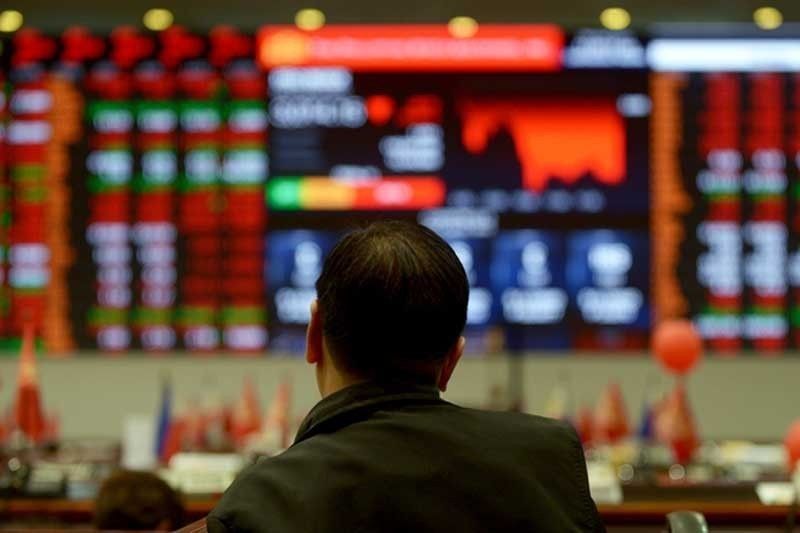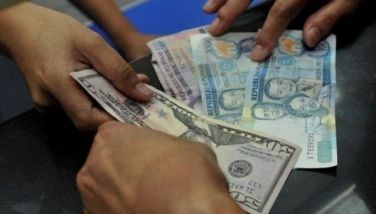BSP seen lifting rates anew as trade war fears batter Philippine financial marts

MANILA, Philippines — Asian financial markets have been reeling on fears of an escalating trade war, and the Philippine central bank is likely to undertake further policy actions as bearish sentiment drag the the country’s currency and equity market.
In a June 28 report, Capital Markets said Philippine financial markets—dubbed the worst performing in the region—have been “hit hard” by rising US-China trade tensions, and more turbulence may be ahead.
Separately, analysts at BMI Research, a Fitch unit, said a full-blown US-China trade war could lead to "an increase in risk off sentiment" globally, and emerging market assets could suffer from capital flight to safety.
“There are signs that policymakers are becoming increasingly nervous,” Capital Economics said.
The Philippine Stock Exchange index, a barometer of investor confidence, has entered into bear market territory after it crashed by more than 20 percent from its January peak. Analysts have said trade war fears continue to pressure the local bourse, which has slumped 16 percent year-to-date.
The Bangko Sentral ng Pilipinas has introduced back-to-back rate hikes this year in a bid to cool down inflation and fight capital outflow. The latest round of tightening is also expected to strengthen the peso, which has weakened by more than 7 percent against the US dollar year-to-date on the back of a widening trade gap and normalization of monetary policy in advanced economies.
According to Capital Economics, the BSP will likely lift its benchmark rates again in August to temper rising inflation, as well as to help stocks and the peso recover.
“With worries about protectionism unlikely to disappear any time soon and uncertainty over the outlook for US monetary policy set to persist, further volatility in the region’s financial markets seem likely,” it said. “Against such a backdrop, central banks are likely to remain on edge.”
- Latest
- Trending




























